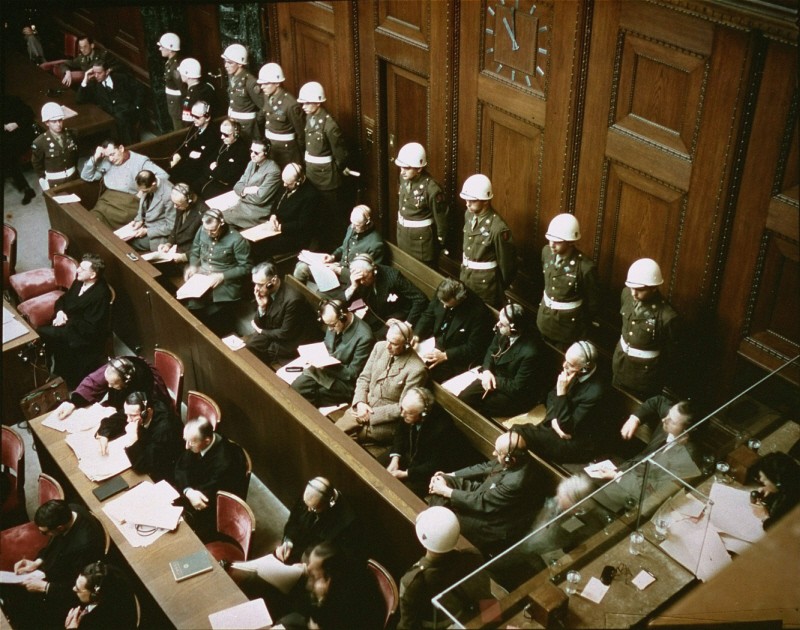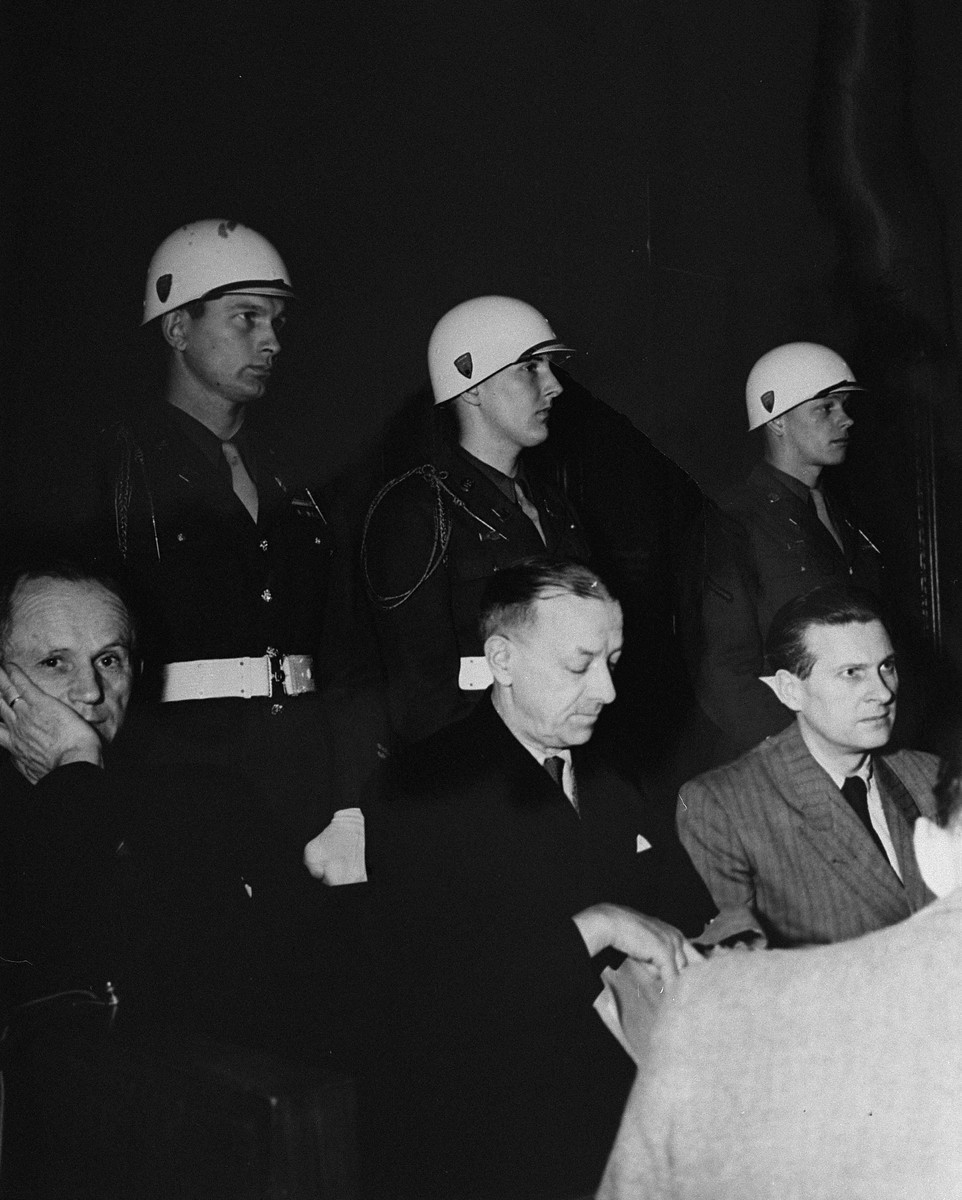
Baldur von Schirach
In the immediate aftermath of the Holocaust, the world was faced with a challenge—how to hold individually accountable those German leaders who were responsible for the commission of monstrous crimes against humanity and international peace. The International Military Tribunal (IMT) held in Nuremberg, Germany, attempted to face this immense challenge. On October 18, 1945, the chief prosecutors of the IMT brought charges against 24 leading German officials, among them Baldur von Schirach.
Baldur von Schirach (1907–1974) was leader of the Hitler Youth and Reich Governor and Nazi party Gauleiter (district leader) in Vienna, Austria (1940–1945). In the latter position, his responsibilities included deporting Jews from Vienna to ghettos and camps in occupied Poland.
Schirach was found guilty on count four (crimes against humanity) and sentenced to 20 years imprisonment. He was released in 1966.

Critical Thinking Questions
What qualities and characteristics of leadership did von Schirach seem to have and to demonstrate?
How did von Schirach defend his actions and choices at the IMT?
How do leaders of governments and organizations accused of mass atrocities rationalize their choices?

